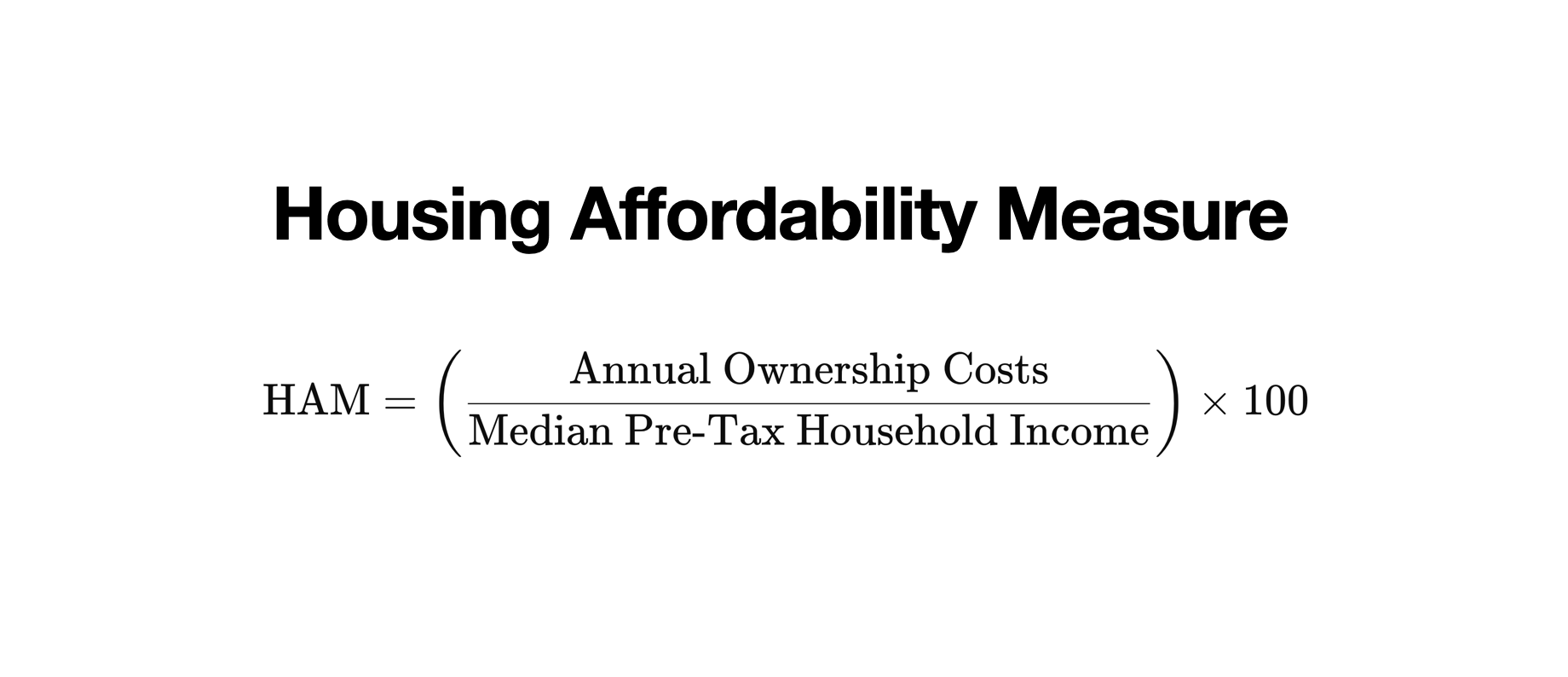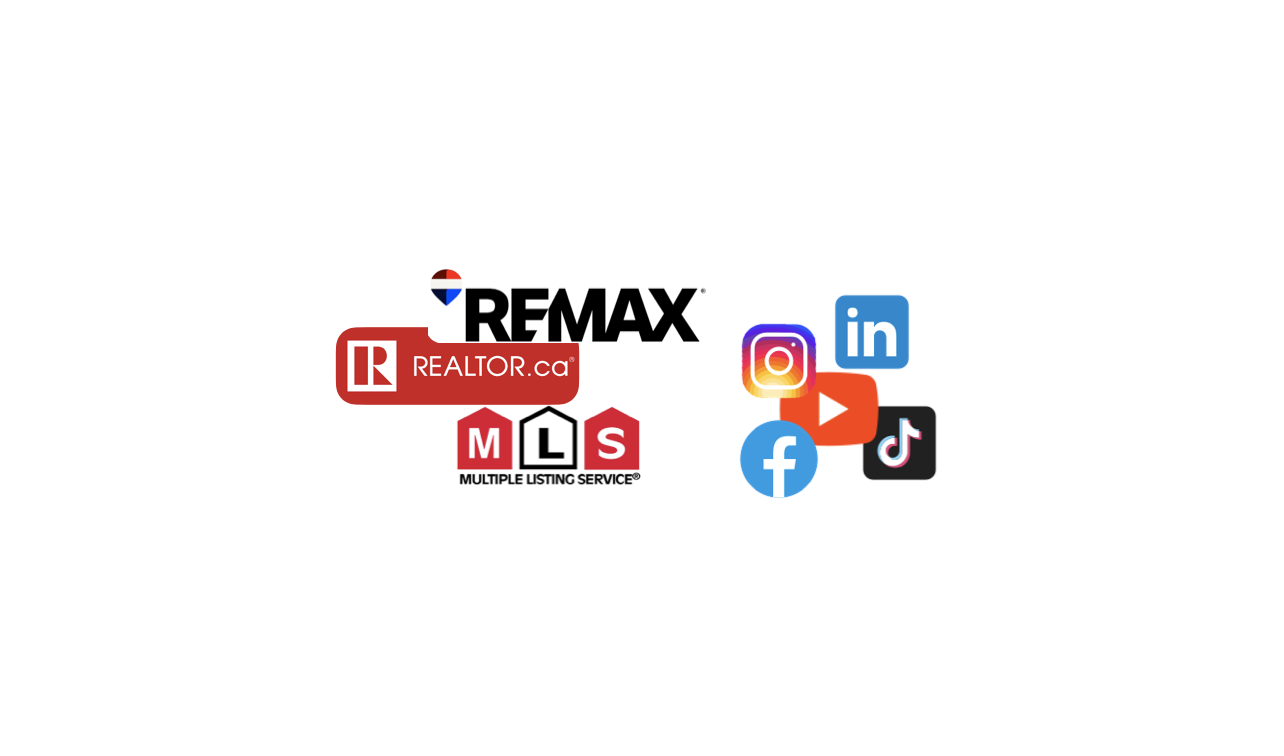Finding a rental in Toronto can feel overwhelming especially if you’re new to the city, new to Canada, or renting for the first time. Between competitive listings, documentation requirements, and fast-moving timelines, it helps to understand exactly how the process works before you start booking showings.
Here’s a clear, step-by-step guide to how renting works in Toronto, what documents you’ll need, and how a licensed realtor helps you secure the right home with confidence.
Working With a Realtor (TL;DR)
To book property showings in Toronto, you’ll need to work with a licensed realtor. Your agent is your representative throughout the entire search and application process at no cost to you. In Ontario, landlords pay the commission.
Here’s how I help renters:
Identifying suitable listings and planning property tours
Advising on neighbourhoods, commute times, and rental market values
Preparing and submitting rental offers
Negotiating terms on your behalf
Managing paperwork and guiding you through the approval process
Step 1 - Preliminary Due Diligence (What You Need to Prepare)
Before viewing properties, landlords expect a complete rental application package. Having this ready early gives you an edge in Toronto’s competitive rental market.
Please send the following for each applicant:
✔️ 2 Pieces of Photo ID
Accepted forms include:
Permanent Resident Card
Canadian Driver’s Licence
Passport
✔️ Full Equifax Credit Report
Must include your current credit score (not just the summary page).
✔️ Income & Employment Verification
If you’re employed:
Employment letter
Recent T4 (if available)
Last 2 months of pay stubs
2–3 months of Canadian bank statements showing recurring pay deposits
If new to employment, landlords prefer to see $30–80K in savings
If employed internationally (US/UK/etc.), an employment letter is sufficient
If you’re self-employed:
1–2 years of business bank statements
Tax returns and/or Notice of Assessment showing stable income
✔️ Guarantor Information (If Needed)
A guarantor may be added as a lessee to strengthen your application.
Required:
Two pieces of ID
Proof of income (employment letter, pay stubs, T4, or NOA)
✔️ Rental History (If Applicable)
Previous landlord reference
Proof of past rent payments
Prior lease agreements
Tip: A strong, complete package can make the difference between getting approved or losing a unit to another applicant.
Step 2 - Formalizing the Client–Realtor Relationship
Before we begin showings, two mandatory documents must be reviewed and signed:
1. RECO Consumer Information Guide
This outlines your rights and responsibilities when working with a realtor in Ontario.
2. Buyer Representation Agreement (BRA)
Although the name sounds like it’s for buyers, it’s also used for renters.
This document:
Formalizes our working relationship
Defines the search area (e.g., City of Toronto)
Sets a clear time frame for the agreement
I’ll send both documents digitally so you can review and sign them at your convenience.
Step 3 - Property Search & Showings
Once the paperwork is completed, I’ll create a personalized property search based on your budget, preferred neighbourhoods, transit needs, unit size, and amenities.
We’ll schedule showings usually over one or two days during the same week you’re ready to submit an offer. Toronto rentals move quickly, so timing is key.
Step 4 - Submitting a Rental Offer
When you find the right place, I’ll prepare and submit the offer for you.
If your offer is accepted, you’ll need to provide:
✔️ First and Last Month’s Rent Deposit
This must be submitted within 24 hours of acceptance.
Accepted formats:
Certified cheque
Bank draft
Wire transfer
Tip: Keep your deposit funds ready in a chequing account so you can act fast.
Step 5 - Lease Signing & Key Exchange
After the landlord receives your deposit, you’ll be issued a firm lease under Ontario’s Residential Tenancy Agreement (RTA).
We’ll then coordinate:
Lease signing
Move-in inspection (if applicable)
Key exchange (usually on the lease start date)
From here, you’re officially ready to move into your new home.
Final Thoughts
Renting in Toronto can feel competitive, but with the right preparation and a realtor guiding you through every step the process becomes smooth, transparent, and stress-free.
If you’re planning to rent in Toronto and want support from start to finish, feel free to reach out. I’m here to guide you through the search, secure the best unit, and help you navigate everything with confidence.










